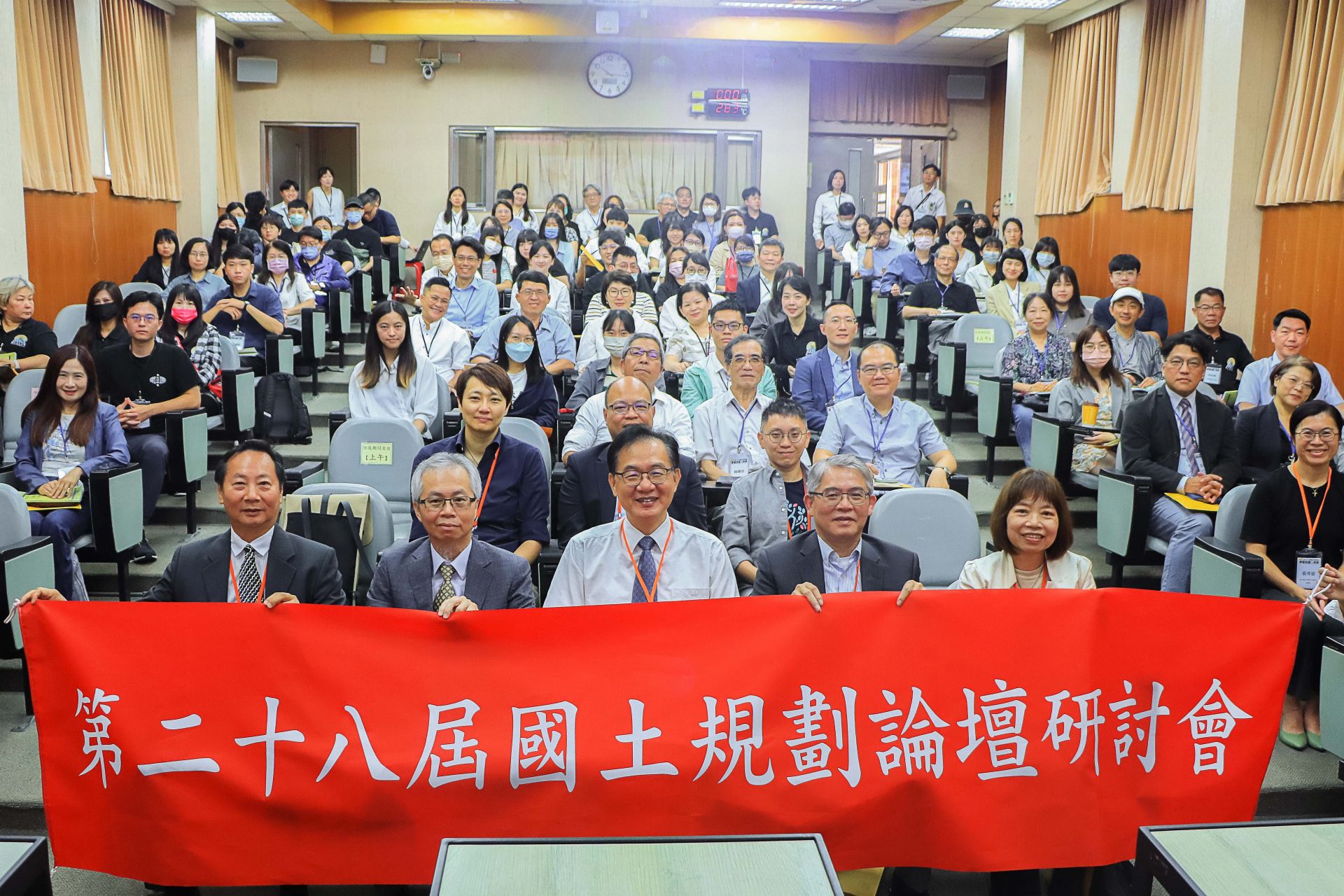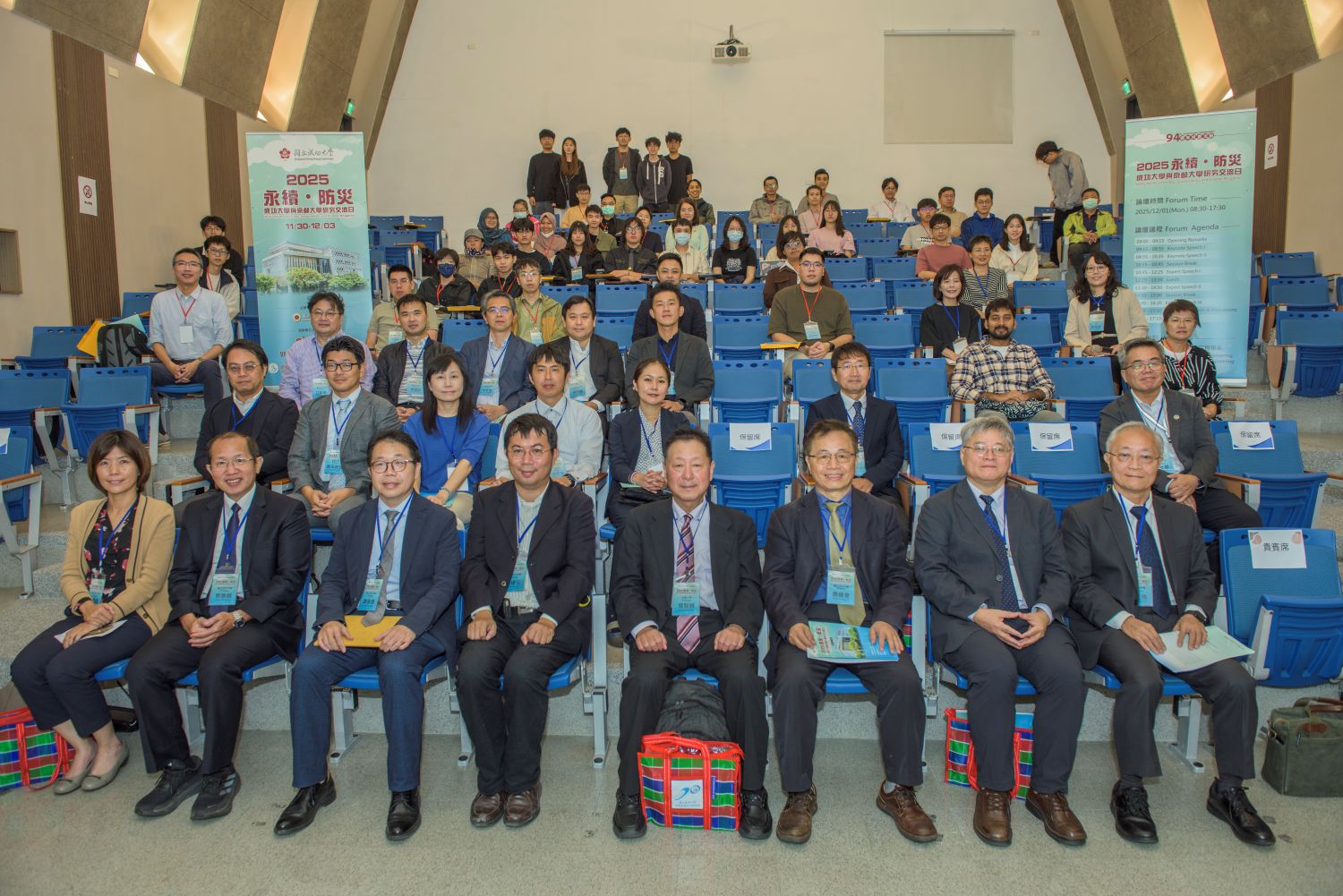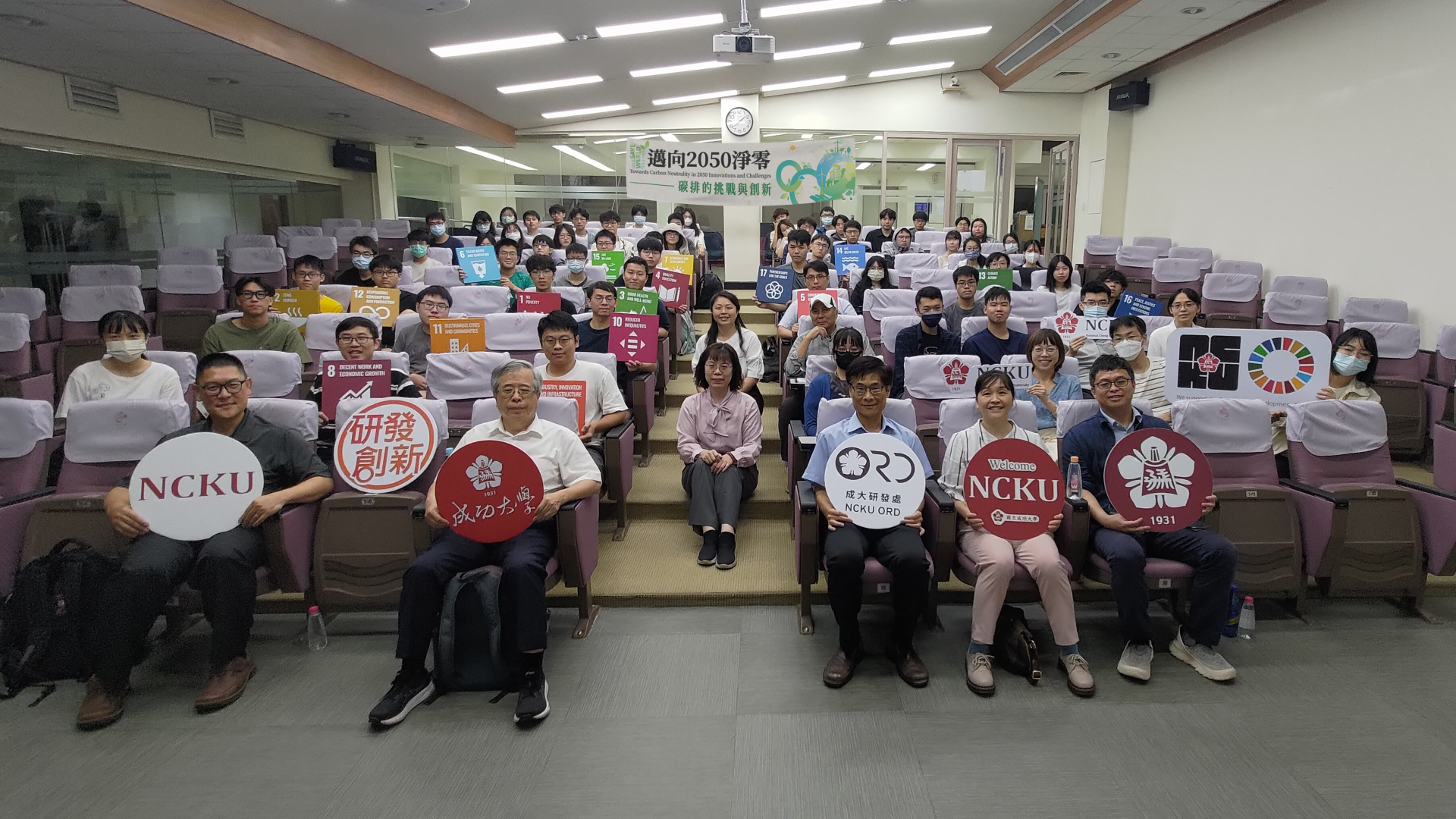NCKU’s Modular Curriculum Steps Onto the International Stage, Wins Silver at the MUSE Creative Awards
Held from July 8 to 11 at NCKU’s Kuang-Fu Campus, including the Historical Artifacts Museum, the course challenged conventional divisions between “single-medium art” and “technical practice.” Instead, it integrated artistic creation, performing arts, biodiversity observation, digital technologies—such as AI generative tools—and net-zero carbon themes into a unified learning framework.
The course was jointly designed by Professor Yen-Hsun Su (蘇彥勳) of the Department of Materials Science and Engineering, Associate Professor Wei-Sheng Chen (陳偉聖) of the Department of Resources Engineering, and Associate Professor Wei-Chien Ma (馬薇茜) of the Institute of Art Studies and the MFA Program in Drama. Additional instructors from the National Taiwan College of Performing Arts and Lunghwa University of Science and Technology were invited to participate, creating an interdisciplinary and inclusive learning environment that blended artistic creation, performance, biodiversity exploration, digital technology, and sustainability.
Professor Su noted that the course emphasized not only material reuse but also the ability to “transform materials” and “engage in technological dialogue.” By integrating biodiversity with materials science, students learned to convert plant pigments and industrial waste into dyes and artistic media, and further utilize AI-generated tools to create works that combine visual impact with environmental reflection.
Associate Professor Ma explained that the course guided students to use slag and scrap metals—materials provided through Associate Professor Chen’s research—as media for artistic creation. These materials were then combined with AI-generated imagery and incorporated into artistic designs to produce works that intertwine creative expression with environmental consciousness. Through the three-step process of “Recycle · Remake · Create,” students internalized circular-economy principles and a mindset of ecological symbiosis.
The MUSE Creative Awards, organized by the International Awards Associate (IAA), recognize excellence and innovation in creative design, advertising, and digital media. Through modular courses like this, NCKU is transforming its campus into an experimental field where “technology, the arts, and sustainability” intersect. Students not only gain professional expertise but also develop global perspectives and the capacity to act on pressing planetary issues.
This award stands as a testament not only to the course’s innovative design and the students’ creativity, but also to the growing international recognition of Taiwan’s higher education efforts toward sustainable development.
[Award website]
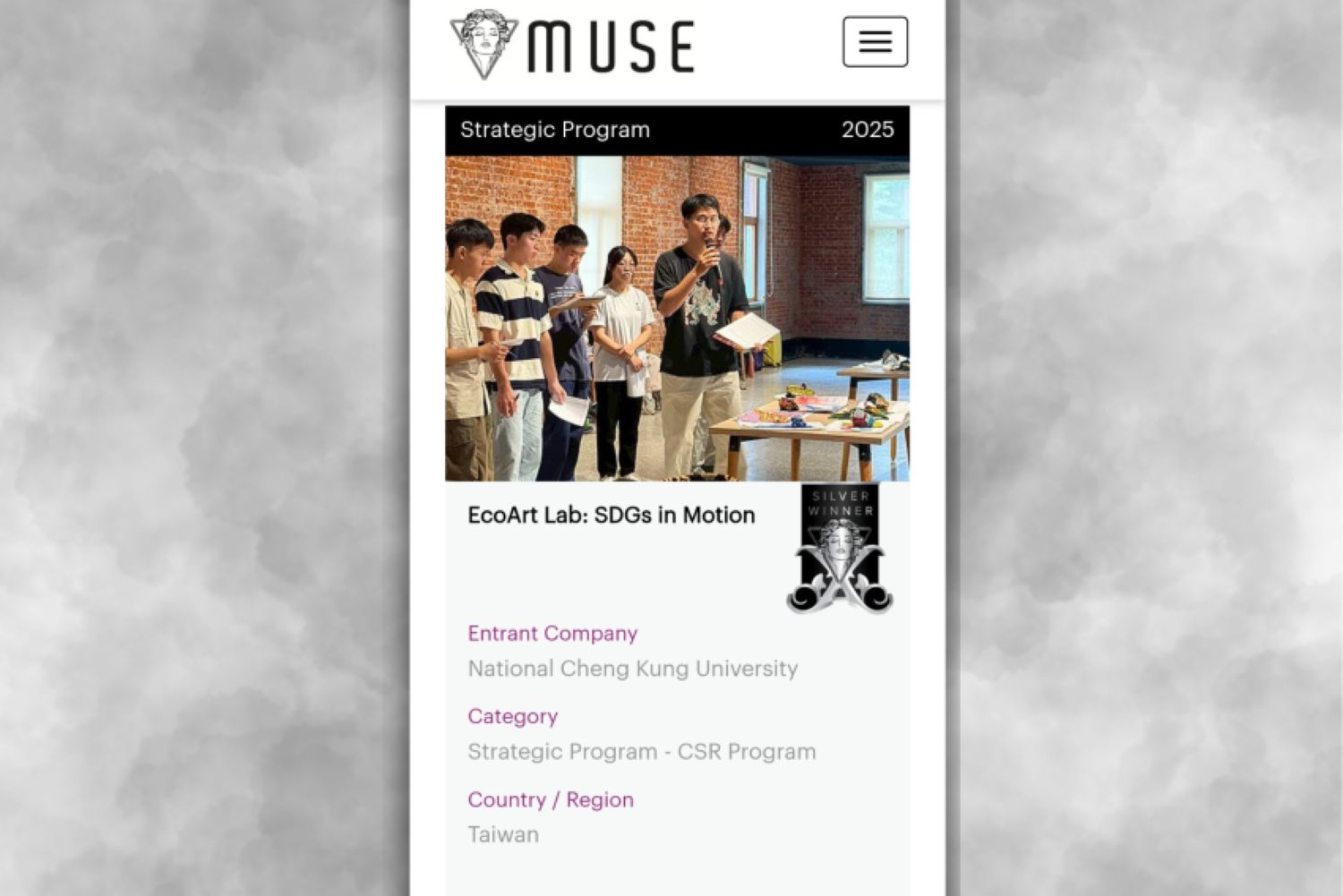
NCKU’s modular course, “Art for Sustainability: Exploring SDGs on the Path Toward Net-Zero Carbon Emissions,” integrates art, technology, and sustainability in an interdisciplinary teaching practice. The course’s achievements were awarded the Silver Award at the 2025 MUSE Creative Awards in the United States.
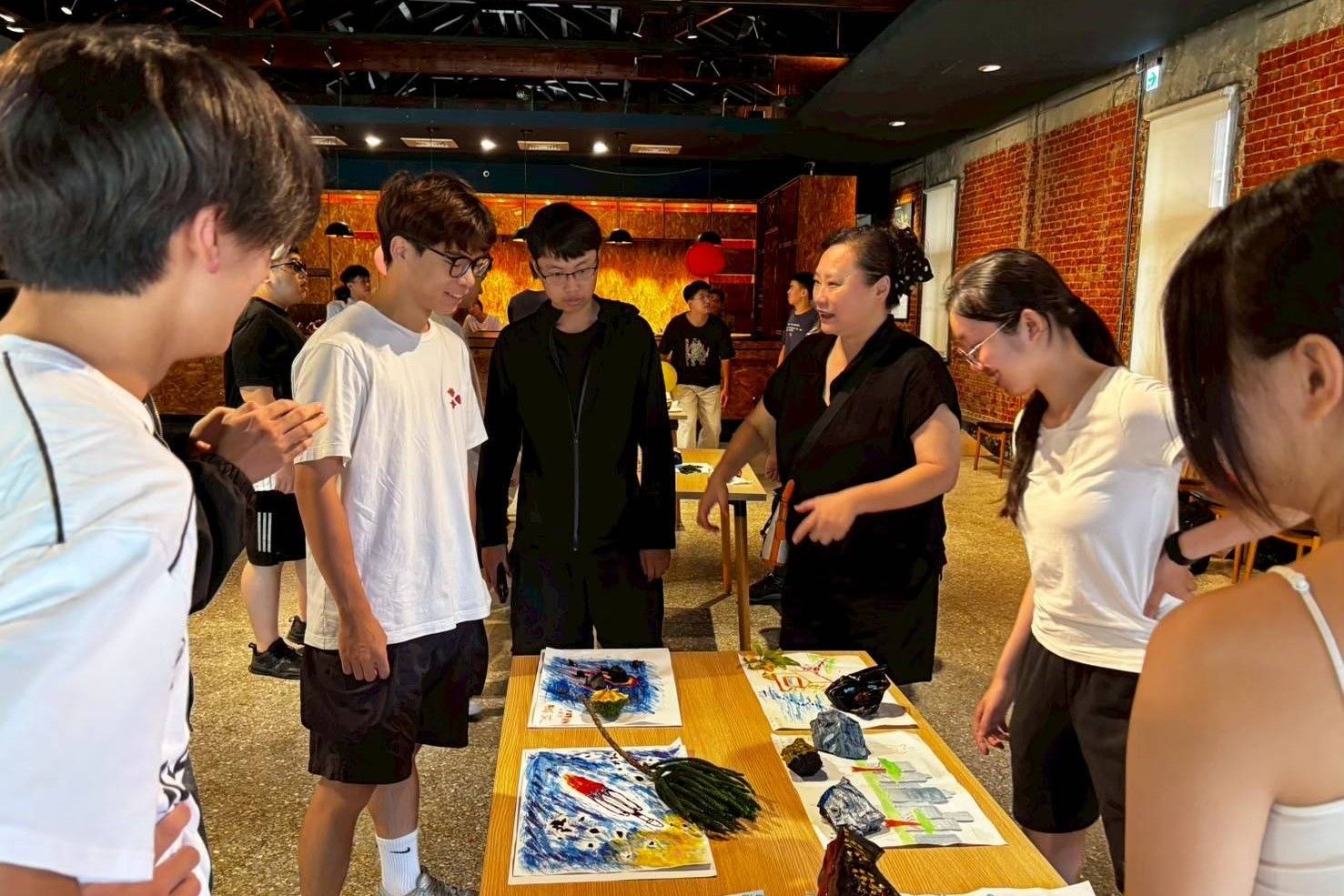
The course breaks away from the traditional frameworks of “single-medium art” and “technical practice,” integrating artistic creation, performing arts, biodiversity observation, digital technologies (such as AI-generated techniques), and net-zero carbon issues into a unified learning experience.
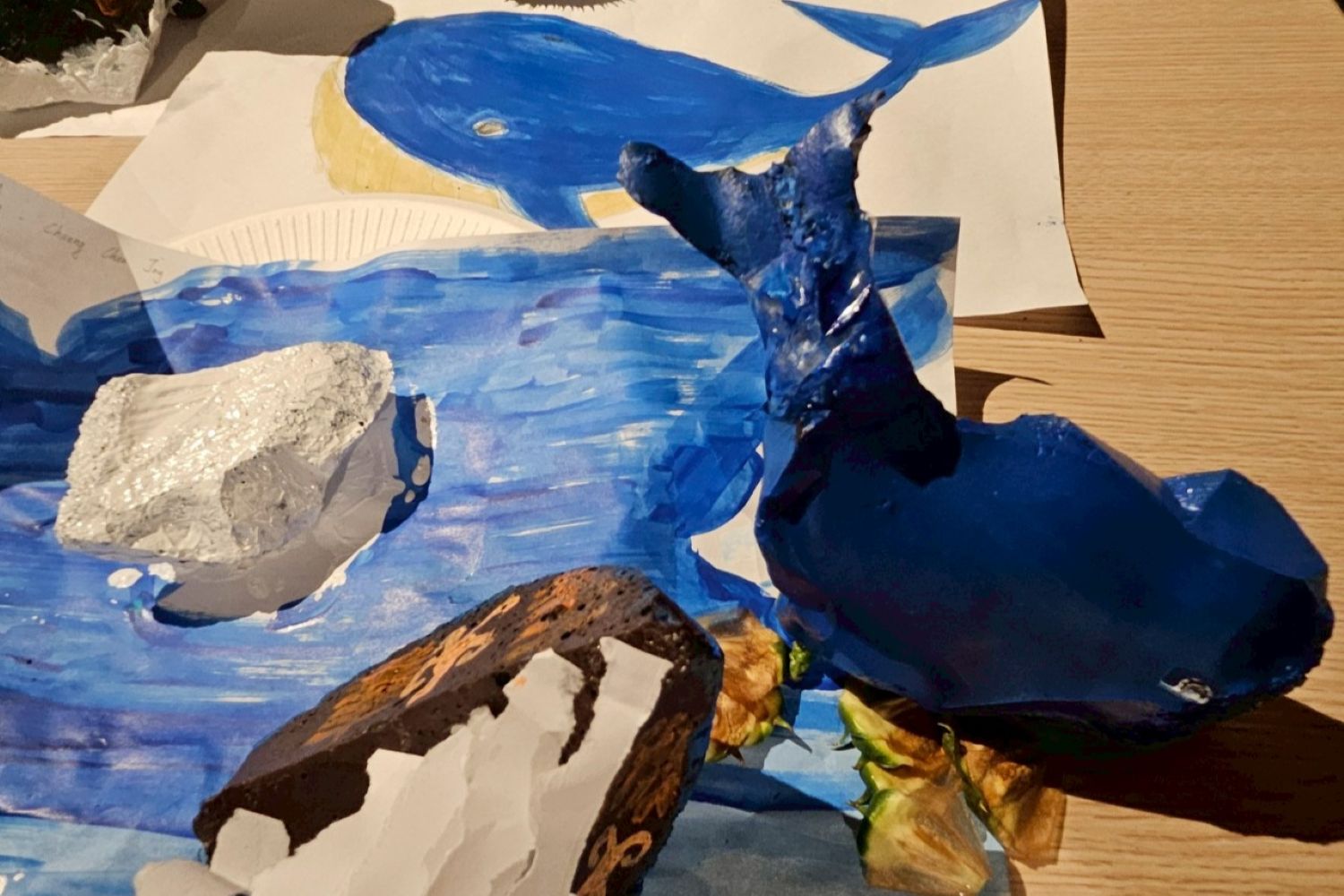
In the course, students learn how to transform plant pigments and industrial waste into dyes and creative materials, and further engage with AI-generated techniques to produce works that combine visual impact with environmental reflection.
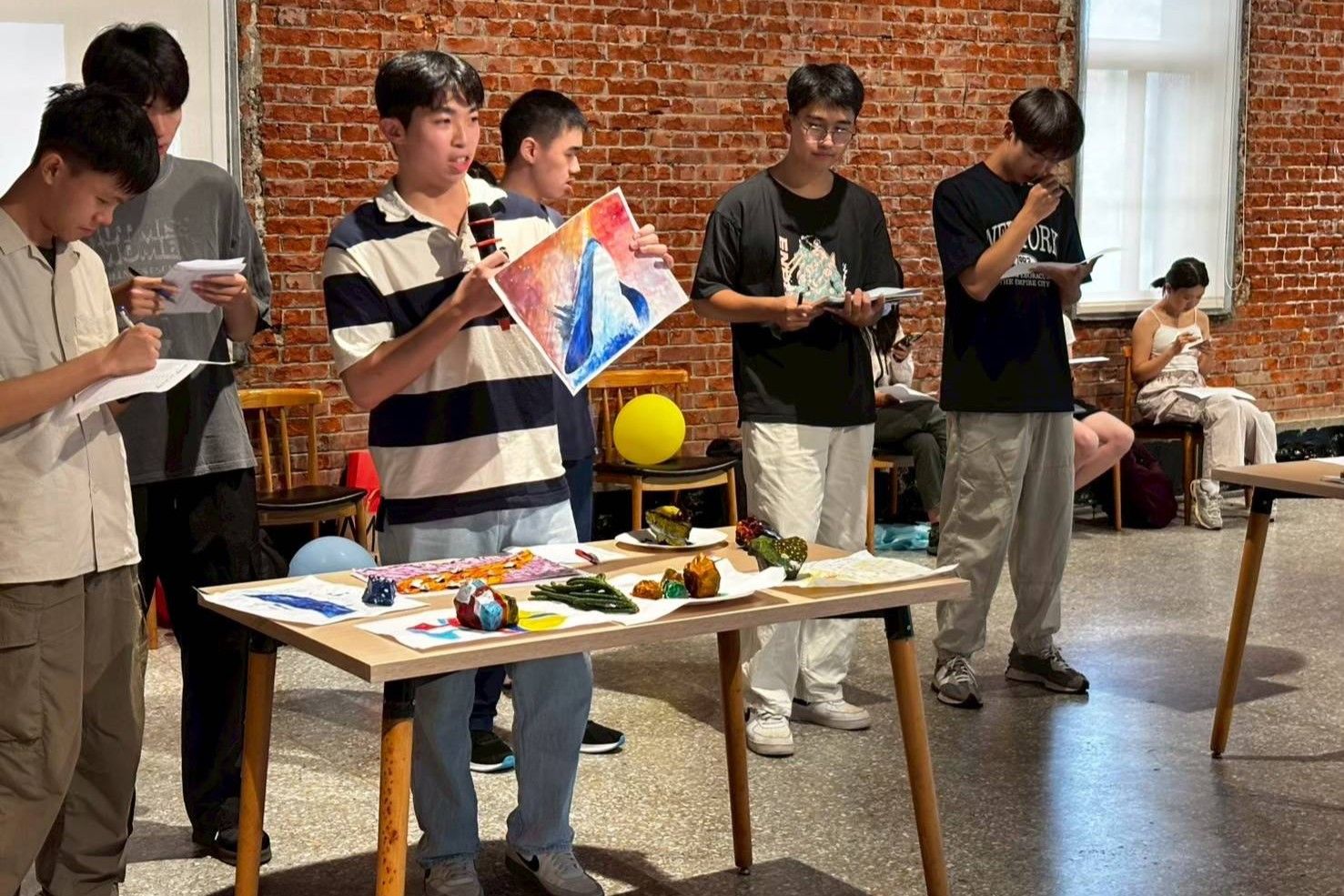
Through such modular courses, NCKU transforms the campus into an experimental field where technology, the arts, and sustainability resonate together. This allows students not only to gain professional knowledge during the learning process, but also to develop the vision and capacity for action needed to address global issues.






